In an era where sustainability is paramount, off-grid energy solutions are essential for remote and underserved areas. These systems are independent of the conventional electricity grid, catering to locations where traditional energy delivery is either impractical or impossible. Among various battery technologies, LiFePO4 (Lithium Iron Phosphate) batteries are gaining prominence due to their optimal balance of efficiency, safety, and cost-effectiveness, making them an excellent choice for off-grid applications.
The significance of selecting the right battery technology cannot be overstated in the context of off-grid systems. The right choice ensures the reliability and longevity of the energy supply and impacts the overall sustainability and feasibility of energy systems. LiFePO4 batteries, in particular, have shown great promise in enhancing the performance and reliability of these off-grid setups.
Understanding Off-Grid Energy Storage
Basics of Off-Grid Energy Systems
Off-grid energy systems are designed to function autonomously without reliance on a central power grid. These systems are crucial for areas beyond the reach of traditional power lines, providing essential electricity through renewable sources such as solar and wind. The autonomy of off-grid systems offers significant advantages, particularly regarding accessibility and independence from utility companies, which can be vital in remote locations.
A typical off-grid system comprises several key components: energy sources (like solar panels and wind turbines), energy storage units (batteries), and sometimes backup generators to ensure energy supply during low natural energy production periods. These components' integration and effective management are crucial for creating a reliable and efficient system that can sustainably meet energy needs without external support.
The Role of Energy Storage in Off-Grid Systems
Energy storage is the backbone of any off-grid system and plays a critical role in energy management. These storage systems provide power during downtime or low production periods by storing excess energy produced during peak periods, ensuring a consistent and reliable energy supply. The ability to store and manage this energy efficiently directly affects the overall effectiveness and reliability of off-grid energy systems.
The reliability of an off-grid system heavily depends on its energy storage solution. Effective storage systems mitigate the variability of renewable energy sources, providing stability and continuous power, which is essential for daily operations and emergencies. This reliability is not just a matter of convenience but a critical component of living and working in isolated environments where traditional energy sources are unavailable.
LiFePO4 Batteries Explained
What are LiFePO4 Batteries?
LiFePO4 batteries utilize lithium iron phosphate as the cathode material, which offers unique advantages. This chemical composition provides exceptional stability and a lower risk of overheating compared to other lithium-ion batteries. Their robust physical structure ensures longevity and consistent performance, which are vital for the demanding conditions of off-grid living.
These batteries stand out in the energy storage market due to their superior safety features and environmental benefits. Unlike other lithium-ion batteries, LiFePO4 batteries exhibit a much lower risk of fire and explosion and do not degrade as quickly, contributing to their longer lifespan and lower environmental impact.

Advantages of LiFePO4 Batteries for Off-Grid Systems
LiFePO4 batteries are renowned for their durability and long service life. They can withstand thousands of charging cycles with minimal capacity loss. This longevity particularly benefits off-grid systems, where frequent battery replacement is logistically challenging and costly. The resilience of these batteries in varied environmental conditions also makes them ideally suited for remote applications.
One of LiFePO4 technology's most compelling attributes is its inherent safety. These batteries are less prone to thermal runaway and more stable at high temperatures, making them safer for use in dense, wooded, or other high-risk areas. Additionally, their non-toxic and environmentally benign components make them an excellent choice for environmentally conscious users who prioritize sustainability.
Integrating LiFePO4 Batteries into Off-Grid Systems
System Configuration and Setup
Correctly sizing the battery to meet the energy needs of an off-grid system is crucial for efficiency and cost-effectiveness. An oversized battery may lead to unnecessary expense and inefficiency, while an undersized battery can result in inadequate power supply, jeopardizing the system's reliability. Assessing the household or facility's typical energy usage and peak demand is essential in choosing the right battery capacity.
Proper installation is key to maximizing the performance and lifespan of LiFePO4 batteries. Factors such as temperature control, adequate ventilation, and protection from environmental elements should be considered during installation. Ensuring that all electrical connections are secure and using compatible components can prevent system failures and optimize operational efficiency.

Maintenance and Monitoring
Routine Maintenance Tips
Maintaining LiFePO4 batteries involves regular checks and balances to ensure they operate at peak efficiency. This includes cleaning terminals, checking for signs of wear and tear, and ensuring the battery is operating within its temperature and voltage specifications. Regular maintenance not only prolongs the life of the batteries but also enhances the overall safety and efficiency of the energy system.
Monitoring Systems and Performance
Implementing sophisticated monitoring systems can provide real-time insights into the performance and health of LiFePO4 batteries. These systems help detect abnormalities early, allowing for proactive maintenance and troubleshooting. This is particularly important in remote settings, where system failures can have significant repercussions.
Case Studies and Applications
Residential Off-Grid Energy Systems
Residential off-grid systems frequently utilize LiFePO4 batteries due to their reliability and safety profile. In-home settings, these batteries support daily energy consumption needs, providing power for lighting, appliances, and heating systems without the need for grid electricity. Their energy storage and power delivery efficiency make them ideal for maintaining the quality of life in remote dwellings.
An illustrative case study of a household in a remote location demonstrates the effectiveness of LANPWR LiFePO4 batteries. This example highlights how these batteries efficiently manage the energy demands of a typical family, ensuring continuous power supply and system durability, even under challenging conditions.
Commercial and Industrial Applications
In commercial and industrial settings, LiFePO4 batteries prove essential for managing larger energy demands. These applications benefit from the scalability and robustness of LiFePO4 technology, which can handle high-load applications and perform reliably under constant use. This capability is critical for businesses that require uninterrupted power for manufacturing, data management, or other energy-intensive operations. The advantages of LiFePO4 batteries extend beyond their technical capabilities. These batteries reduce operational costs in commercial environments due to low maintenance requirements and long service life. Their safety features also mitigate workplace risks, making them a preferred choice for energy storage in various industrial applications.
Future of Off-Grid Storage with LiFePO4 Batteries
Technological Advances
The future of LiFePO4 batteries looks promising, with ongoing advancements in battery technology enhancing their efficiency and storage capacity. Innovations are focused on optimizing charge speeds and energy density, which could open new possibilities for use in more demanding and varied applications.
As technology evolves, the potential applications for LiFePO4 batteries are expanding into new sectors, including electric vehicles and large-scale renewable energy projects. These developments are expected to drive further interest and adoption of LiFePO4 technology, underscoring its importance in the future energy landscape.
Choosing the Right Battery for Your Needs
It is crucial to select a reliable battery provider. Factors to consider include the batteries' technical specifications, the provider's reputation, after-sales support, and warranty provisions. A provider that meets these criteria can greatly enhance the value and reliability of the investment.
LANPWR batteries are renowned for their quality and reliability, making them an excellent choice for new adopters and those looking to upgrade their systems. With strong customer service and a proven track record, LANPWR stands out as a leading provider of LiFePO4 batteries tailored to meet the specific needs of off-grid systems.
Conclusion
LiFePO4 batteries represent a significant advancement in energy storage technology, particularly for off-grid applications. Their durability, safety, and efficiency make them an ideal choice for anyone looking to optimize their energy storage solutions. As we move forward, the role of LiFePO4 batteries in sustainable energy solutions will likely become even more crucial. For those considering an off-grid setup or looking to enhance their current system, LANPWR LiFePO4 batteries offer a dependable, efficient, and sustainable option. Assess your energy needs and consider how these advanced batteries can meet them. For consultations or to learn more about purchasing options, please reach out. Take a step toward reliable and sustainable energy solutions today!

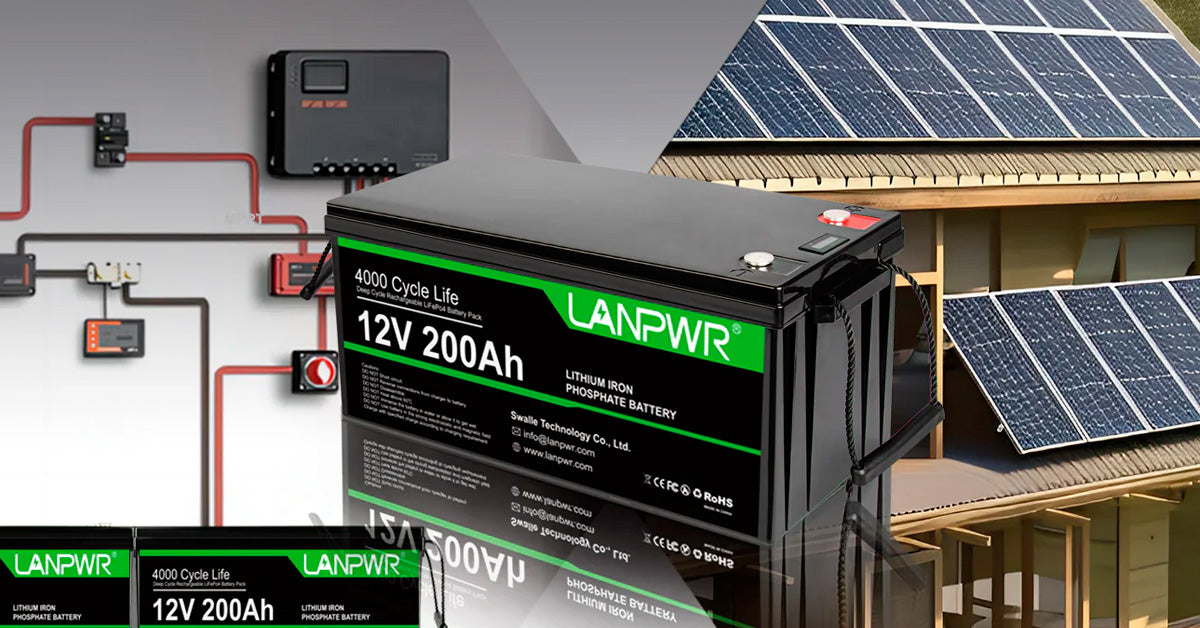
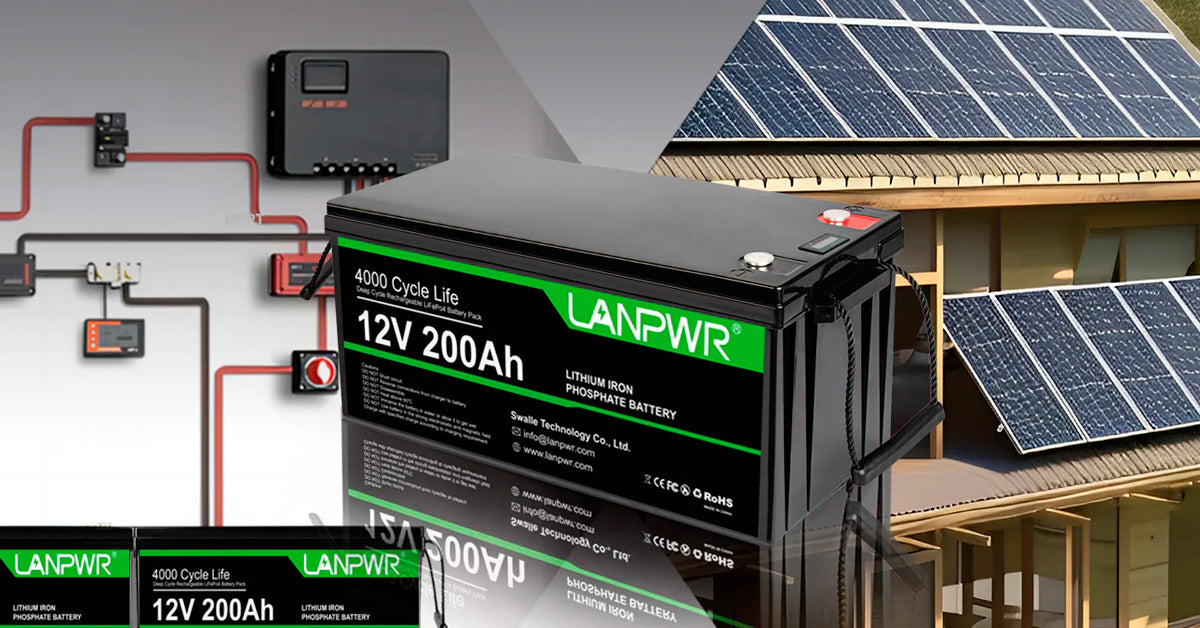
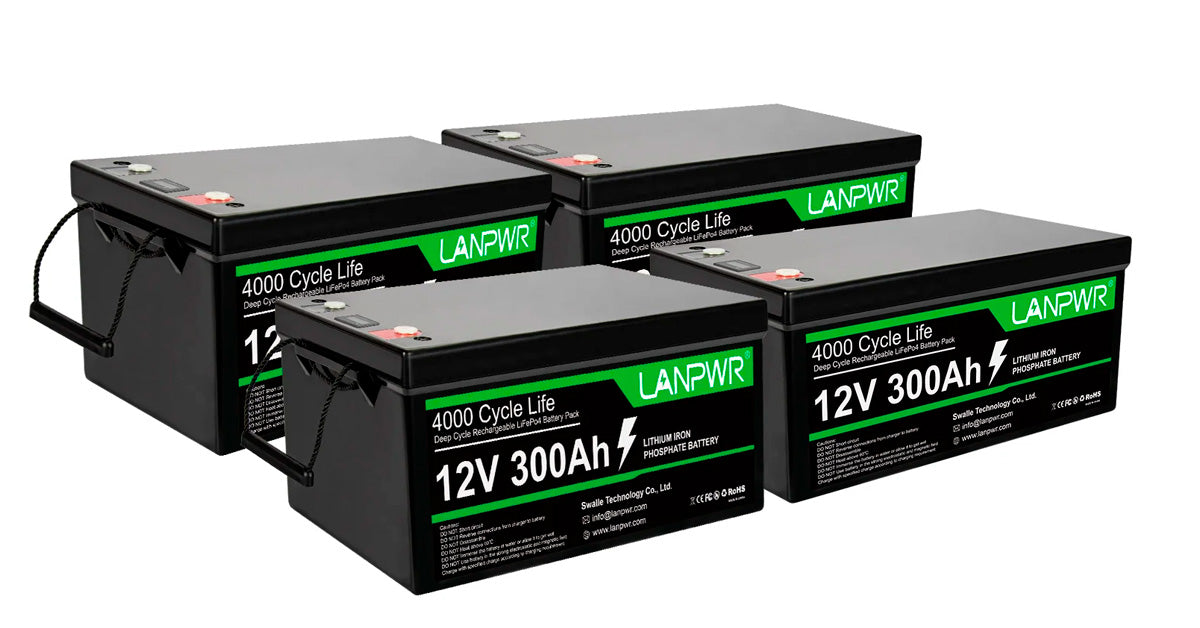

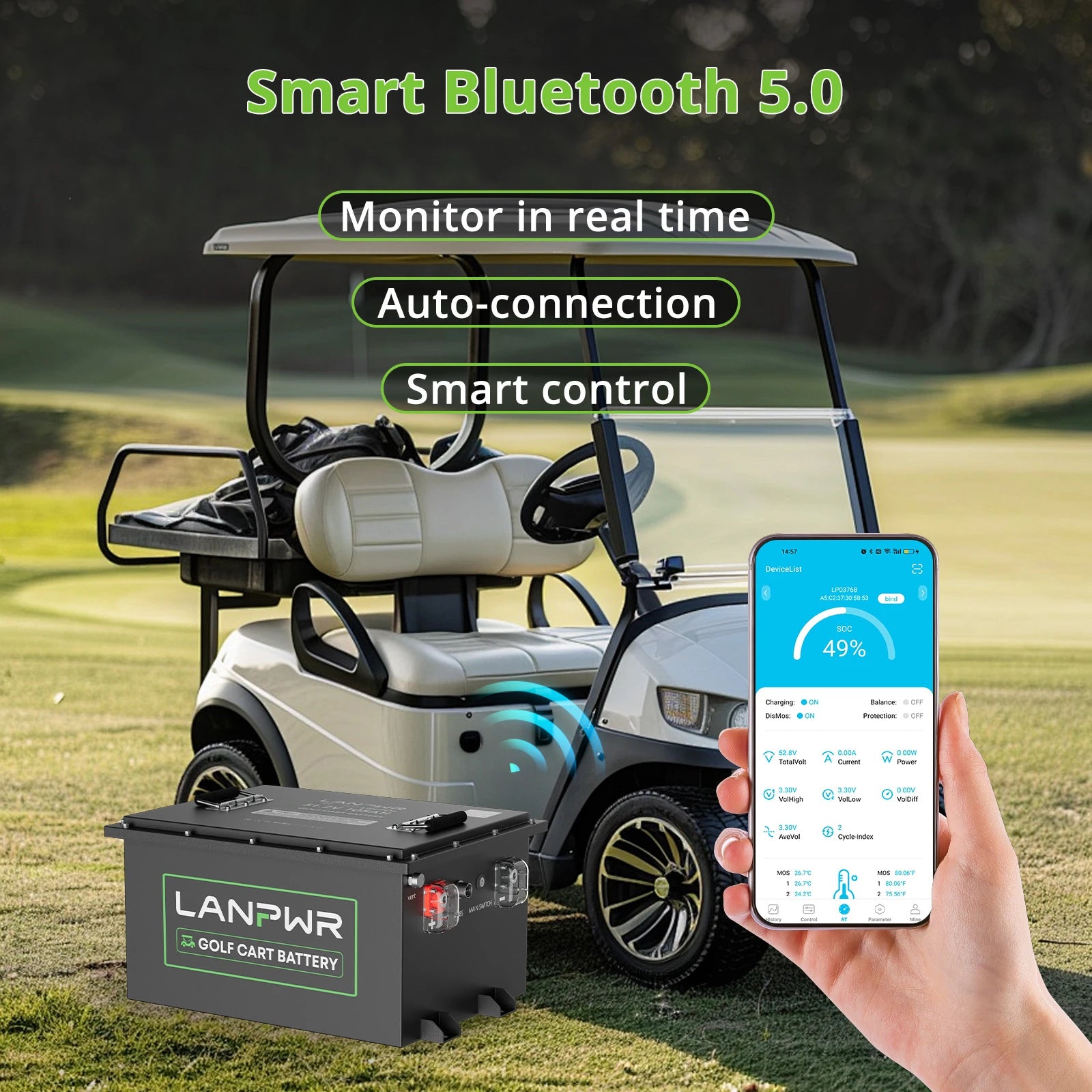
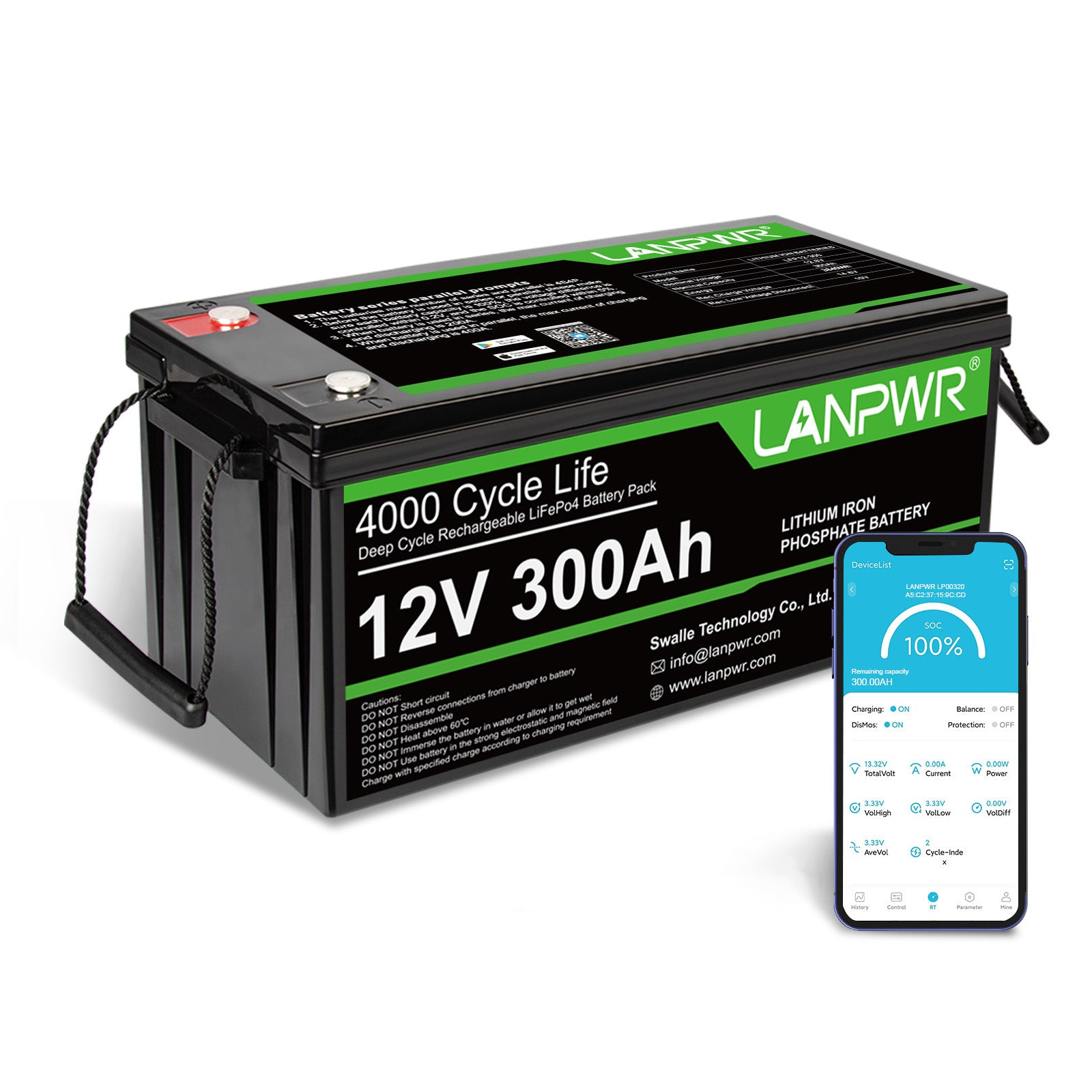
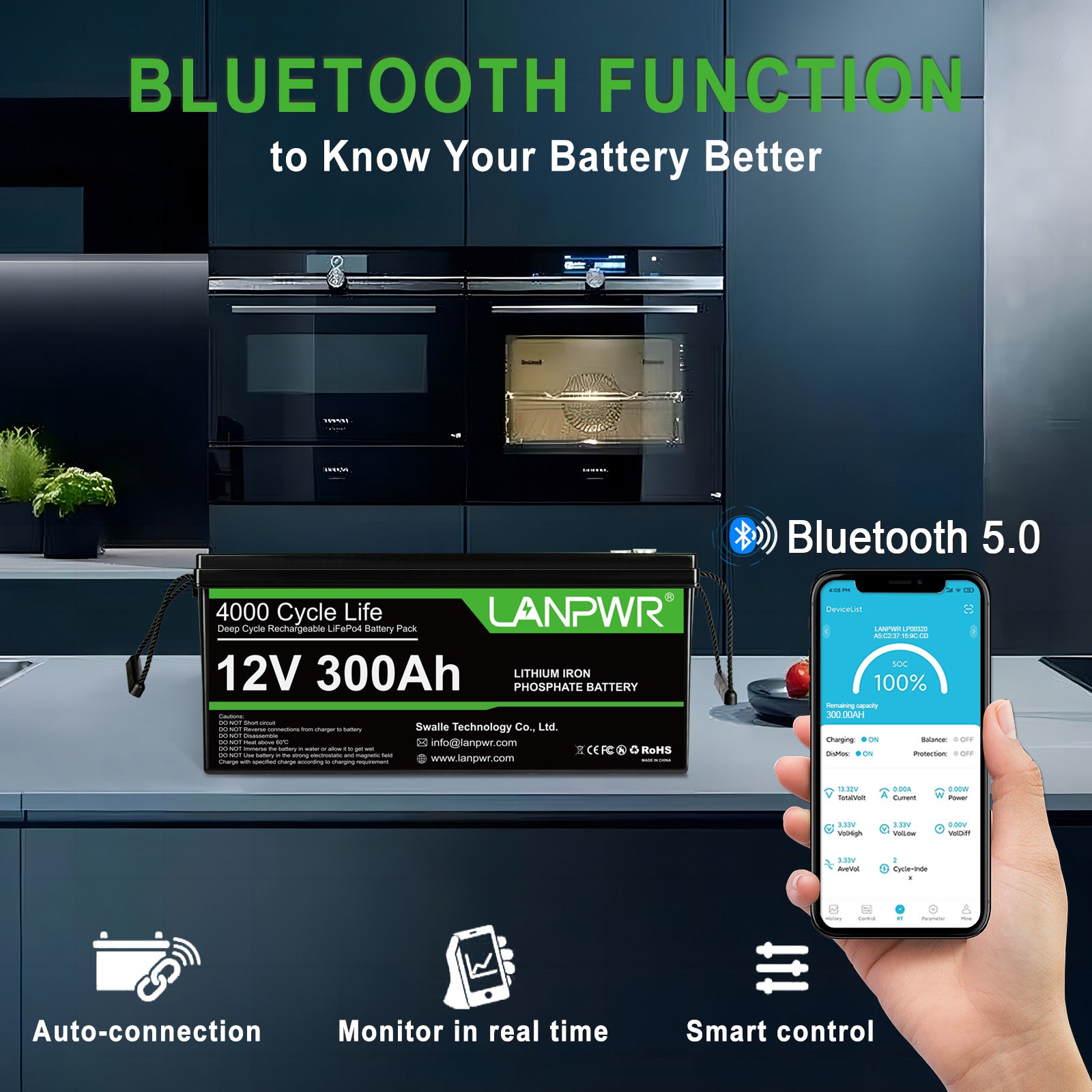
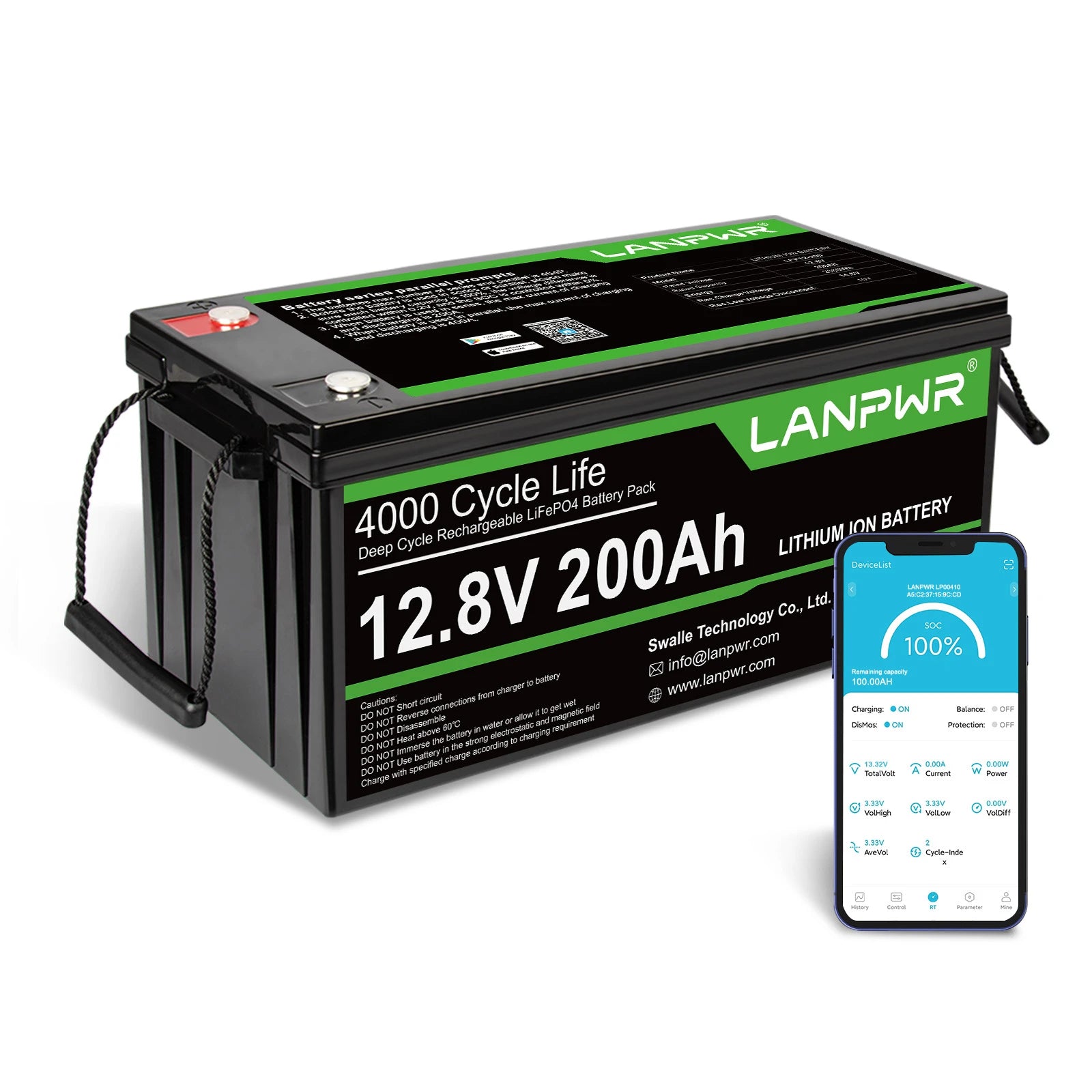
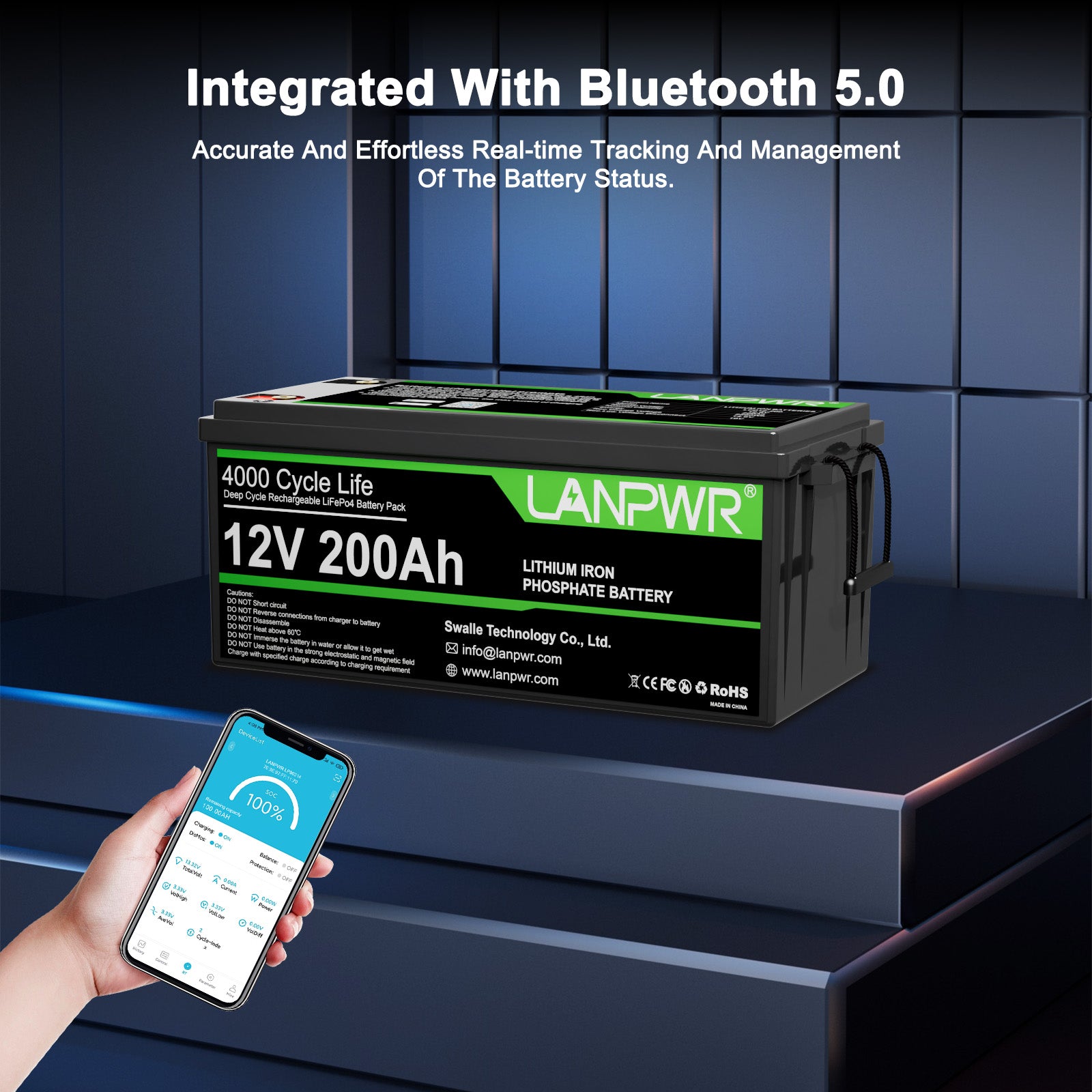
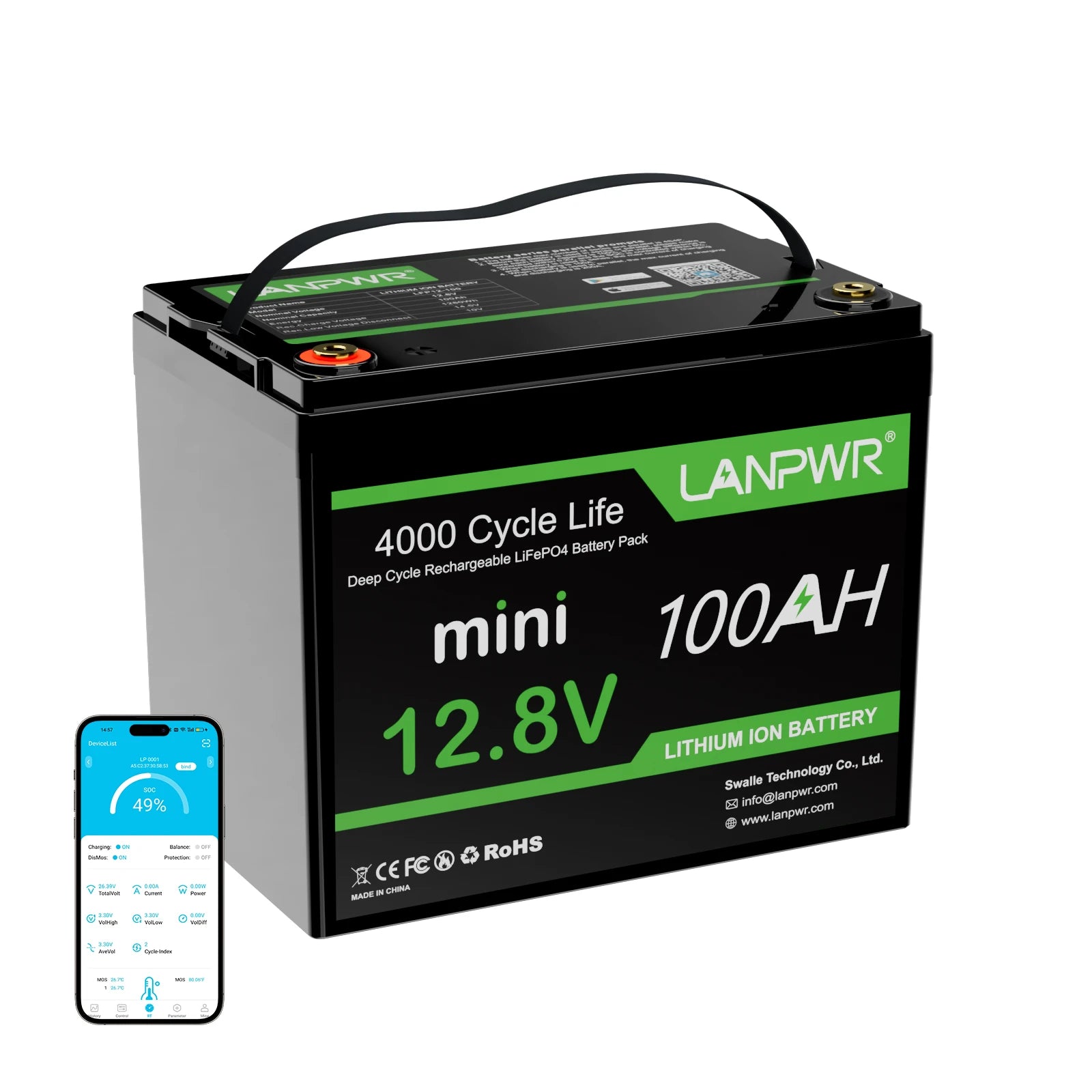

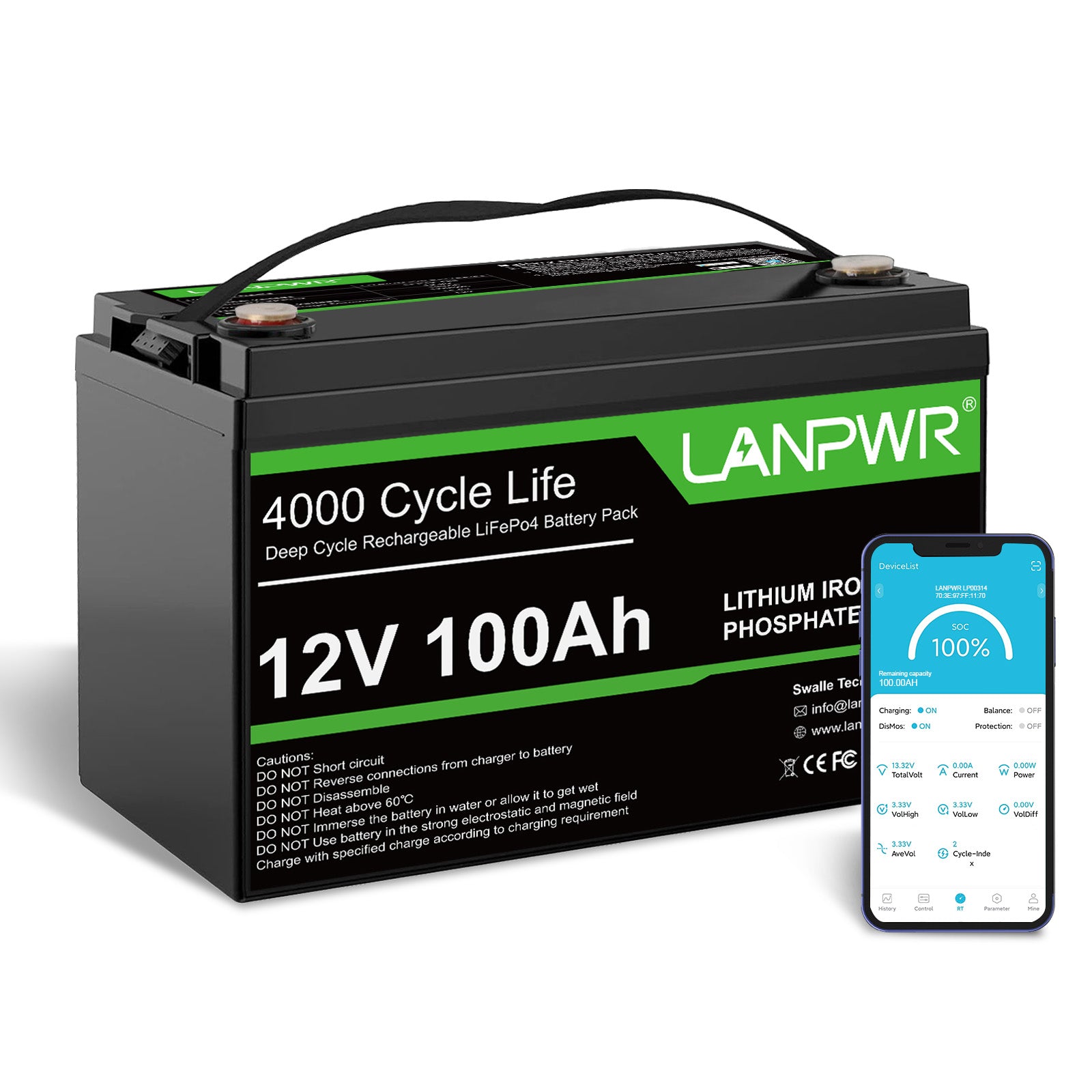

Leave a comment
This site is protected by hCaptcha and the hCaptcha Privacy Policy and Terms of Service apply.